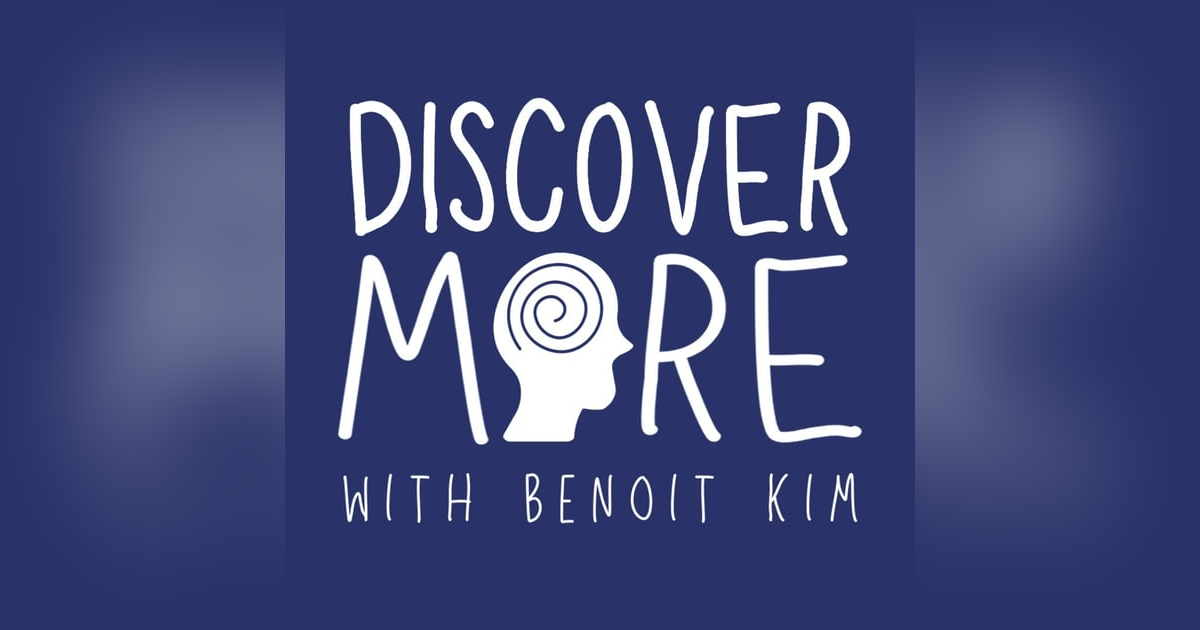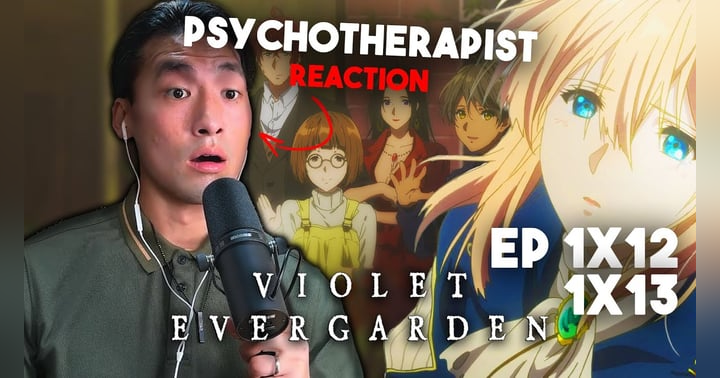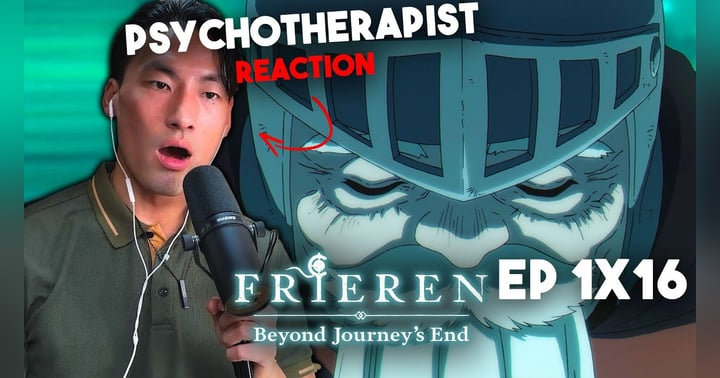May 10, 2024
Attachment Theory and Its Impact on Relationships

Attachment theory has become an increasingly popular concept for understanding human behavior, especially within relationships. The theory states that the attachment style a person forms as a child directly impacts how they relate to others as adults. There are three main attachment styles - secure, anxious, and avoidant. One's attachment style is shaped by how reliably a child's needs are met by caregivers early on. These early attachment patterns tend to persist throughout one's life. In a recent conversation between Benoit and Iris, attachment theory was explored in-depth. Iris shared how saying "yes" and leaning into new experiences outside one's comfort zone can lead to growth and insight. She told a story about initially declining to teach a course, but later accepting the opportunity. Teaching for over 20 years since then has been fulfilling. Iris also discussed an experience of reluctantly leading a group for domestic violence perpetrators when a colleague went on leave. Although hesitant at first, she found confronting her own biases and connecting with the humanity of the group members to be meaningful. The discussion centered on how attachment styles impact relationships. Secure attachment stems from having one's needs consistently met as a child. This leads to trusting relationships as an adult. Anxious attachment results from inconsistent responses to a child's needs. This manifests in adults as ambiguity and mixed signals in relationships, desperately seeking closeness while also pushing away. Avoidant attachment is when a child learns their needs won't be met and people can't be relied upon. Avoidant adults internalize this by preventing against vulnerability and intimacy in relationships. Passive aggression was cited as a common strategy for avoidant individuals to protect themselves. However, this often perpetuates relational trauma. For instance, the habit of "ghosting" romantic partners replicates the childhood pain of needs going unmet and people disappearing without explanation. Knowing one's attachment style allows for awareness of these patterns and movement toward secure bonding. Iris noted that big traumatic events as well as small daily hurts can impact one's sense of safety and trust. Using language that validates all experiences of lack of control is important. The conversation explored how despite people's desire for connection, attachment injuries cause them to isolate themselves. Any experience of trauma, big or small, can cause deep wounds. Lacking self-love makes it hard to love others. Unrealistic expectations of life based on one's personal history lead to trying to control all outcomes. Adjusting one's expectations and worldview through surrender could improve relationships. Validating one's pain by sitting with it rather than avoiding it is key. Self-compassion also releases the need for control. Iris suggested using childhood photos to identify unmet needs and give that to one's inner child now. However, awareness must lead to action to prevent getting stuck. Attachment theory provides a meaningful framework for understanding relationship patterns. Recognizing attachment styles - secure, anxious, and avoidant - helps explain why people struggle with intimacy despite desperately wanting meaningful bonds. Childhood attachment trauma impacts an individual's expectations of relationships. This subconsciously causes them to recreate painful patterns through avoidance, mixed signals, and control. Healing involves becoming aware of one's attachment style and associated behaviors. Then a shift can be made towards compassion, validation of oneself and one's experiences, adjusting unrealistic expectations, and moving forward with intention. Confronting past hurts brings freedom to build the secure relationships that all human beings innately crave.
Check out the full version of Episode 114 here.
A Path Forged in Fire: A Psychotherapist's Analysis of Violet Evergarden Episodes 12 & 13
In a recent YouTube video, a psychotherapist offers a combined analysis of Violet Evergarden Episodes 12 and 13, focusing on Violet's internal conflicts, her past as a weapon, and her ultimate understanding of love and peace. The analysis provides a…
Echoes of the Past: A Psychotherapist's Analysis of Frieren: Beyond Journey's End Episode 16
In his recent YouTube video, a psychotherapist offers a detailed analysis of Frieren: Beyond Journey's End Episode 16, focusing on the themes of loneliness, memory, legacy, and the enduring power of past connections. The analysis provides a deeper u…







